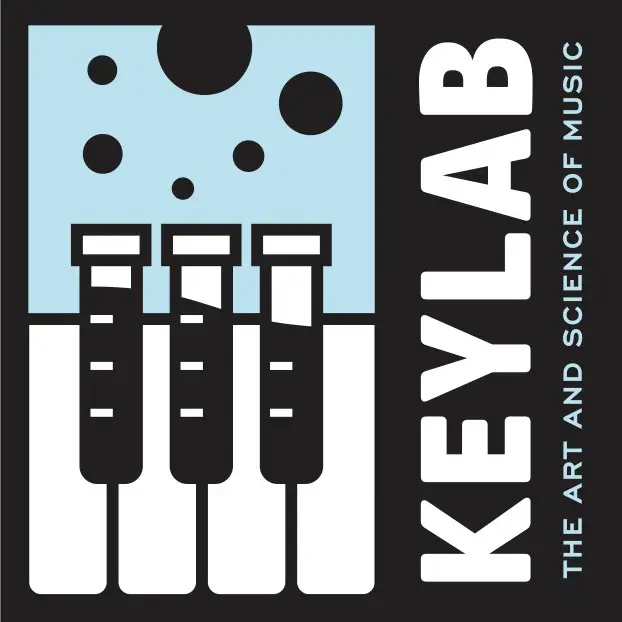

More Finance, Insurance, & Legal Articles:
Professional Services for Kids and Families in Brooklyn
Use our guide to find the best professional services in Brooklyn. From tutors to lawyers, search our online directory.Latest News:
Professional Services for Kids and Families in Manhattan
Use our guide to find the best professional services in Manhattan. From tutors to lawyers, search our online directory.Family Activities:
Have a Laugh:
Best Memes of the Week for Parents
Here are the funniest parenting memes from Instagram, Facebook, and Reddit this week.Featured Listings:

Keylab
Brooklyn, NY Keylab's group piano classes combine traditional music instruction with games, audiovisual presentations, recording and music technology, and plenty ...

The School at the Mark Morris Dance Center
Fort Greene, Brooklyn, NY The School at the Mark Morris Dance Center offers year-round, community-based dance classes in a fully inclusive and nurturing environment, in the hea...

Little Scholar's Childcare Center
For many parents, choosing the right childcare center will be one of the most important decisions they will ever make. A child’s healthy development d...

ABC Child Center
Greenpoint, NY As a parent, you want the very best care for your child. You want a nurturing environment, in which your baby can feel safe enough to explore interest...


